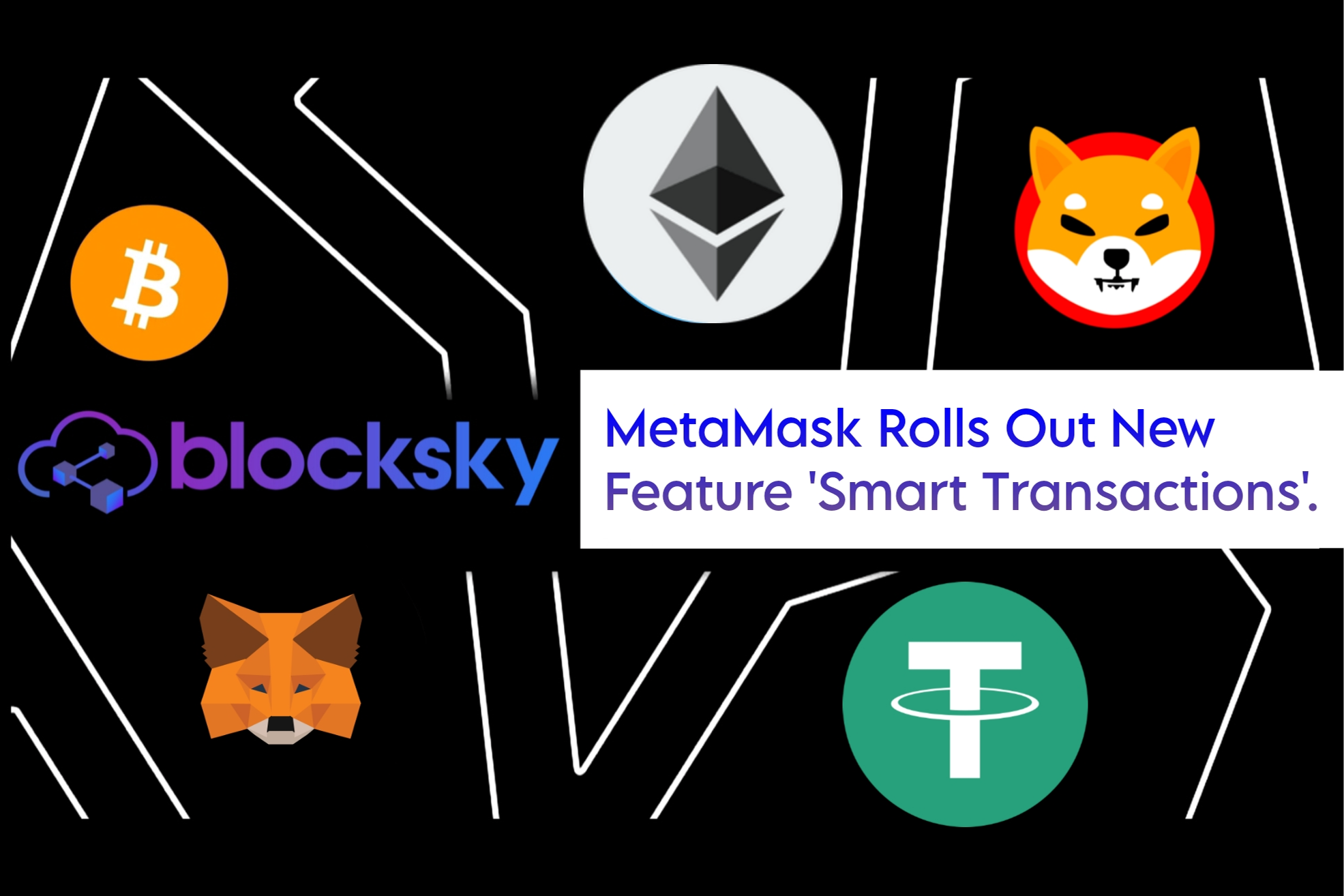2024-05-08

MetaMask, the leading Ethereum crypto wallet, is introducing a new feature known as Smart Transactions, as part of its broader efforts to revolutionize the functionality of the wallet.
This feature aims to address the issue of maximal extractable value (MEV) and its consequences for users.
With Smart Transactions, MetaMask users will have the option to submit their transactions to a "virtual mempool" before they are officially recorded on the blockchain.
This virtual mempool, developed by Consensys, the company behind MetaMask, will protect against specific MEV strategies. It will also simulate transactions in the background to help users secure lower fees.
MEV refers to the additional profits that blockchain operators can extract by manipulating or prioritizing transactions before they are added to the network.
This practice is often likened to front-running orders in traditional financial markets and significantly impacts the efficiency of Ethereum.
It leads to increased prices for users, slower transaction speeds, and even transaction failures under certain network conditions.
According to Jason Linehan, director of the Special Mechanisms Group division of Consensys, MEV is a significant problem that results in wasted funds and predatory practices.
The introduction of the virtual mempool by MetaMask is the platform's initial step towards a more ambitious roadmap aimed at transforming how transactions are processed on Ethereum.
While private mempool services have been employed to ensure transaction privacy and protect against MEV, MetaMask's virtual mempool differs in its approach.
It is designed to address Ethereum's hidden costs without compromising the decentralization of the network. Consensys emphasizes that their objective is not to take control of Ethereum but rather to eliminate the wastage of users' funds.
Typically, when users submit a transaction to a blockchain wallet like MetaMask, it is sent to a public mempool, where unconfirmed transactions await processing.
Builders and searchers within the network organize these transactions into blocks that are eventually added to the blockchain.
However, these entities may manipulate the order of transactions to maximize their own profits, leading to increased costs, failed transactions, and delays for users.
MetaMask will leverage the services of builders and searchers to power its virtual mempool. However, unlike the public mempool, builders and searchers on the virtual mempool will face financial penalties if they fail to execute transactions at the prices quoted by MetaMask.
Jason Linehan reveals that approximately 95% of the builders and searchers currently operating on Ethereum have already opted into MetaMask's virtual mempool program.
The rollout of this program will occur gradually throughout the week. A limited version of the technology, called "Smart Swaps," has been available for a few months.
MetaMask's virtual mempool network is distinct from conventional private mempools due to its size, transparency, and unique incentive structure.
In addition to offering better prices for users, the Smart Transactions feature will enable users to monitor the progress of their transactions directly within the MetaMask wallet, eliminating the need to visit external block explorer websites.
Linehan sees Smart Transactions as an initial and tangible step towards MetaMask's broader vision. This feature establishes the foundation for future use cases, such as intent-based architectures, which have generated considerable interest within the crypto community.